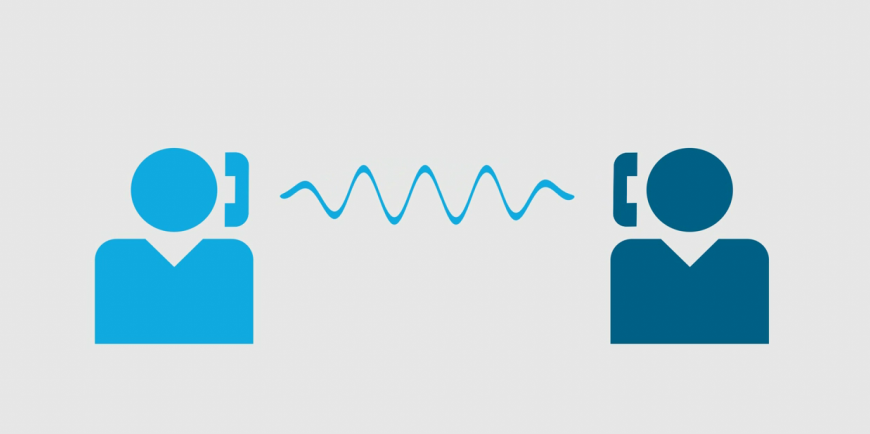Barclays is replacing passwords with voice recognition technology for all of its telephone-banking customers later this week.
The new technology identifies callers by the tone of their voice, removing the need for security questions or passwords.

The system initially records one or two conversations, extracts the voice features that are distinctive to the client and automatically creates a reference voiceprint and stores it in a secure directory.
According to Barclays, the voice recognition technology is a promising security solution as everyone’s voice is “as unique as their fingerprint, made up of over 100 characteristics based on the physical configuration of the speaker’s mouth and throat”.
“Therefore, when a customer calls up to use telephone banking, the technology will be able to identify them simply from the first few words that are spoken,” the bank added.
Whilst passwords have the potential to be complex and difficult to decipher or crack, many customers opt for ones which are simple and easy to remember – putting the security of their account at risk.
Barclays’ Steven Cooper was quoted by the Daily Mail as saying:
“We can all relate to the frustration of forgetting a password at the crucial moment. Voice security can cut out that part of the call completely and, unlike a password, each person’s voice is as unique as a fingerprint.”
James Daley, founder of Fairer Finance, told the BBC that anything to speed up the security process would be welcomed by customers.
“Banks will need to be ready to reassure people that this new technology is genuinely secure. New security processes can make customers nervous – and it is important that this does not lead to any loss of confidence in bank security,” he said.
“In reality, consumers should have little to fear, as banks are still liable for any fraud unless they can prove that a customer was negligent. So if this technology does lead to any increase in fraud, it will be the banks that have to pick up the bill, and not customers.”
The bank began rolling out the new service to customers in its wealth management and investment division three years ago.
“Like every financial service organisation, we have a duty to protect the integrity of our client’s accounts,” said Matt Smallman who leads the Client Experience Strategy and Change team for Barclays Wealth and Investment Management. “But when both our clients and colleagues told us that these processes where getting in the way of meeting their needs we knew something had to be done.”
